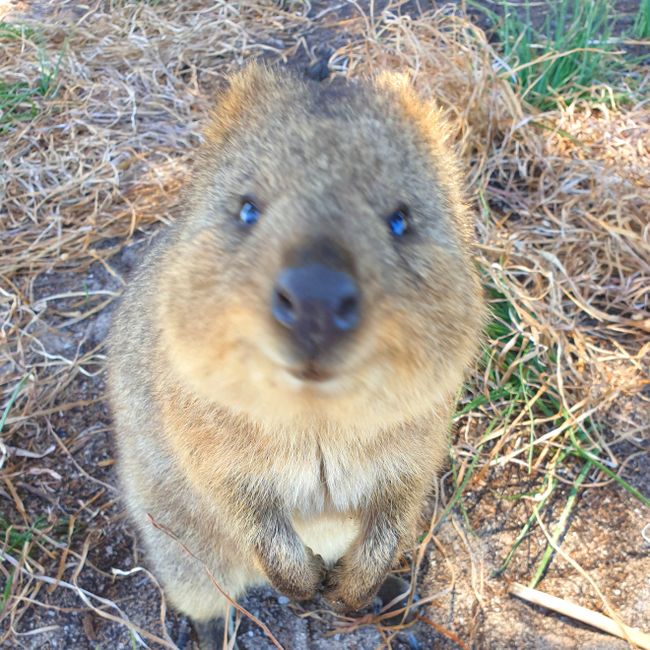Road trip to the North of WA
Ippubblikat: 15.08.2019
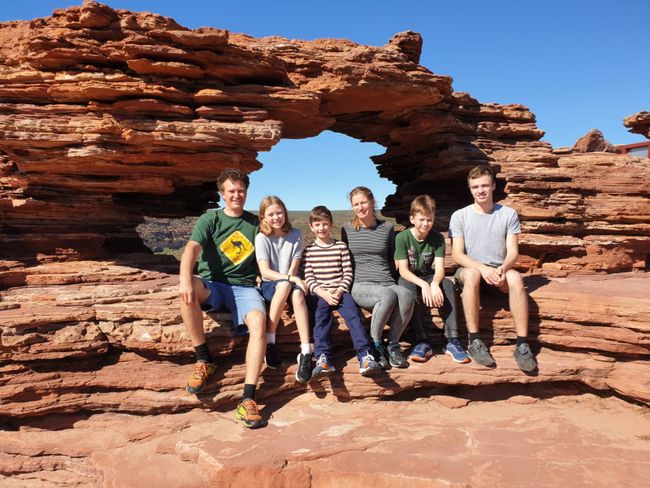
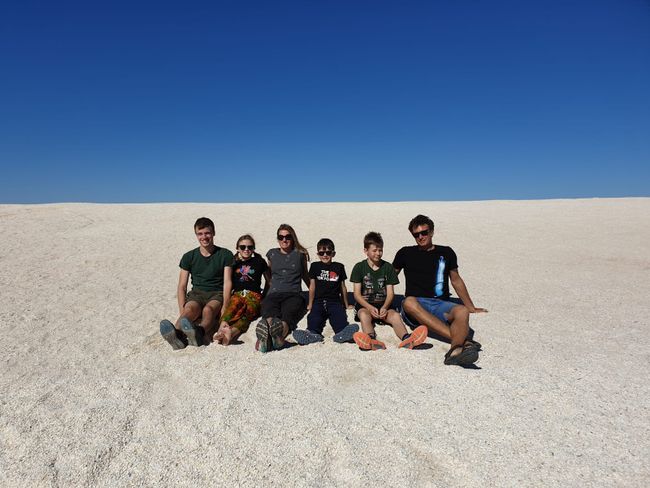
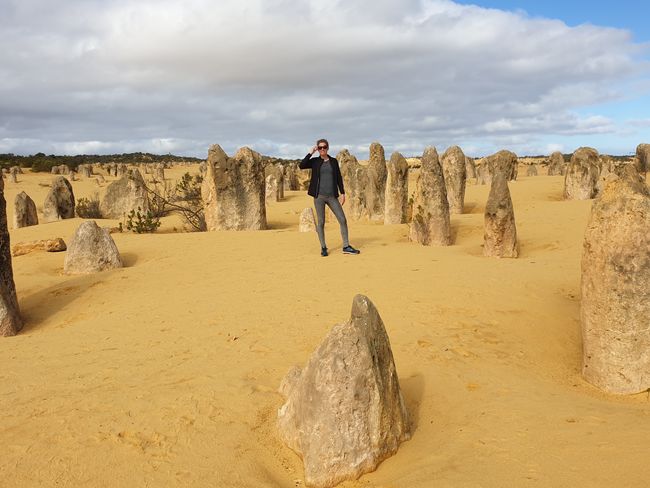
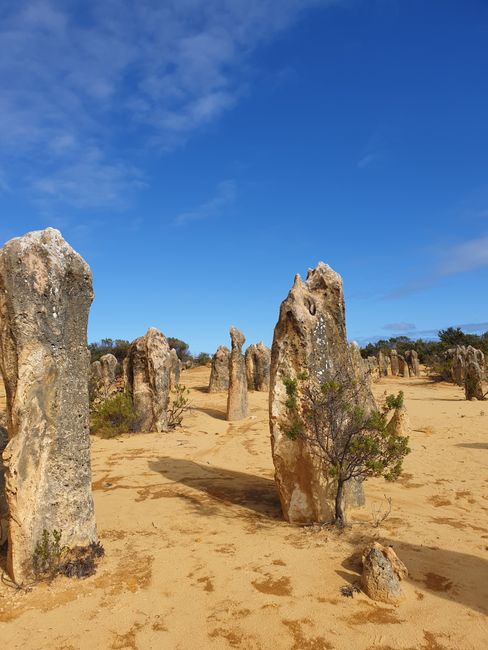
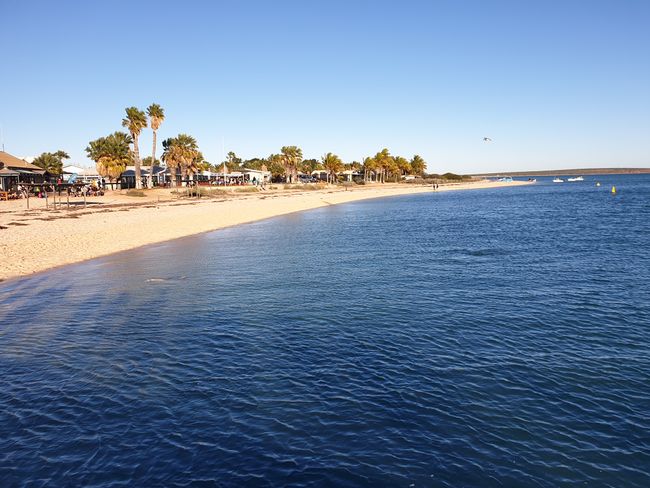
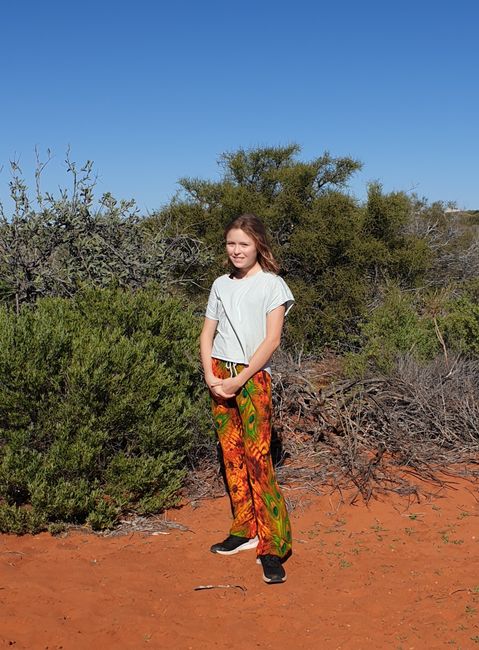
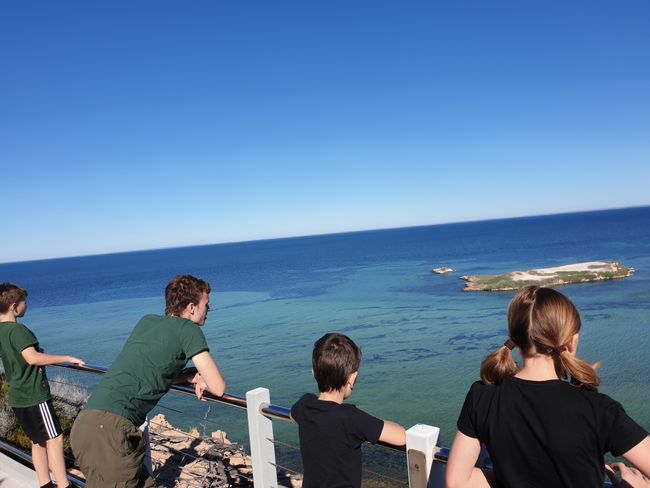
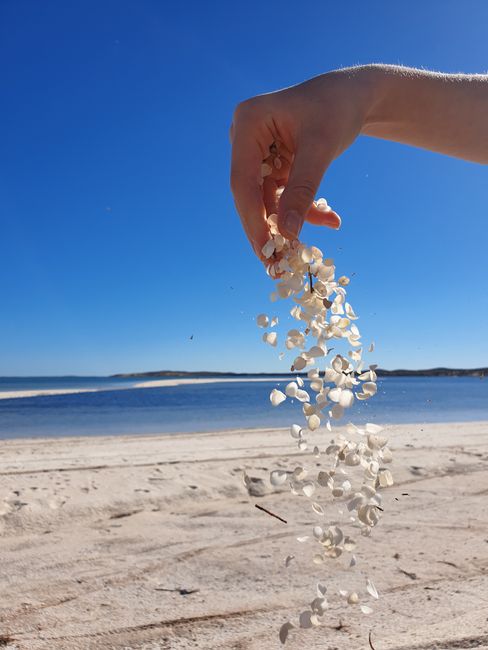
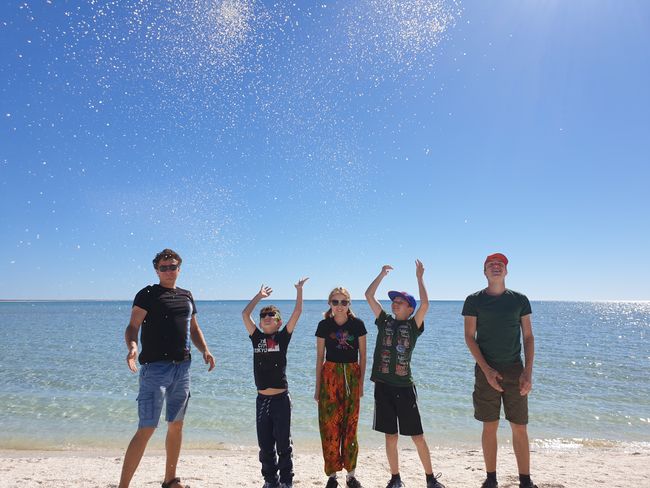
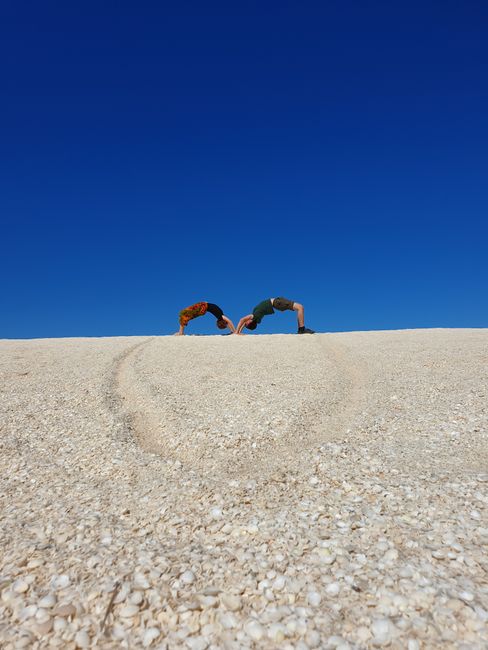
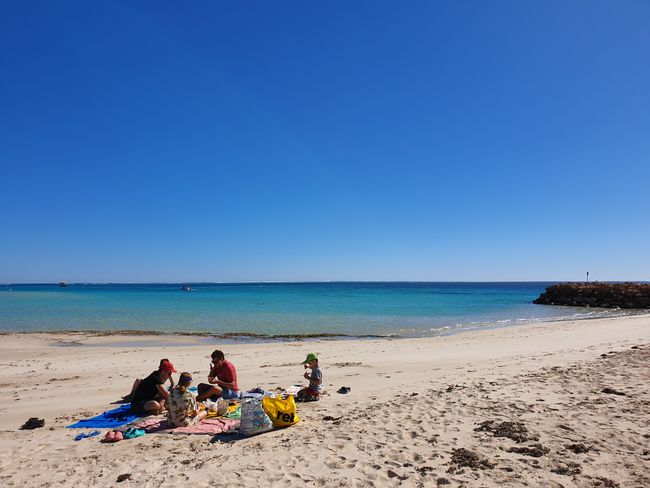
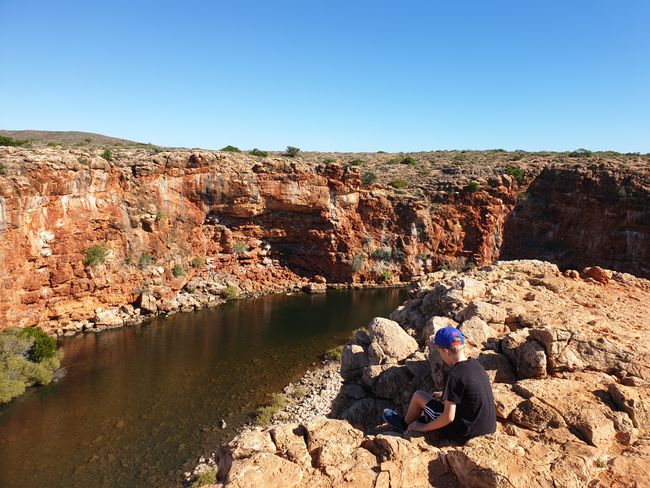
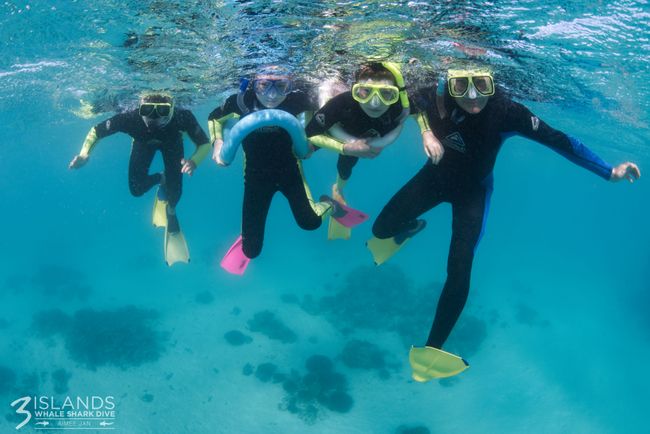
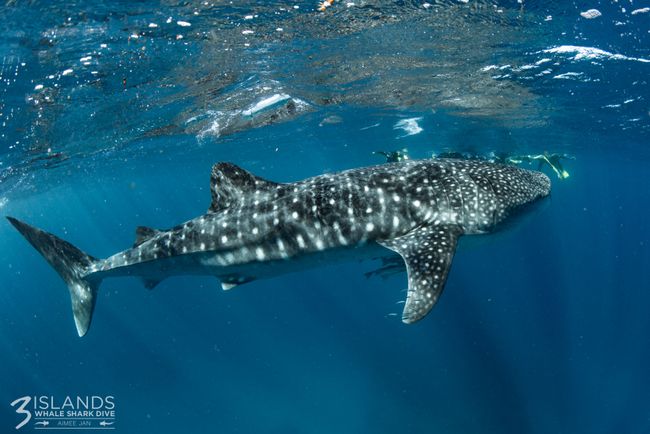
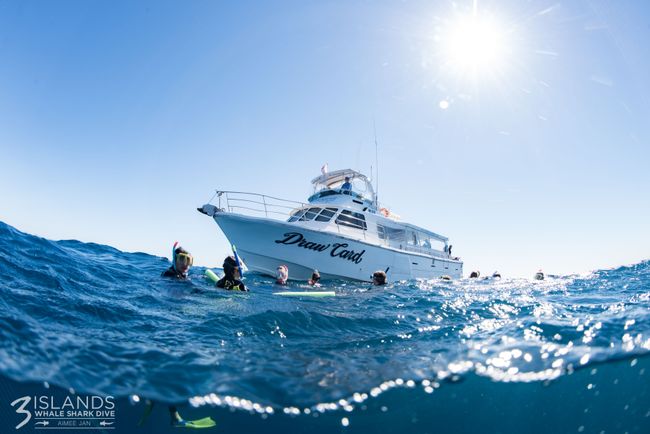
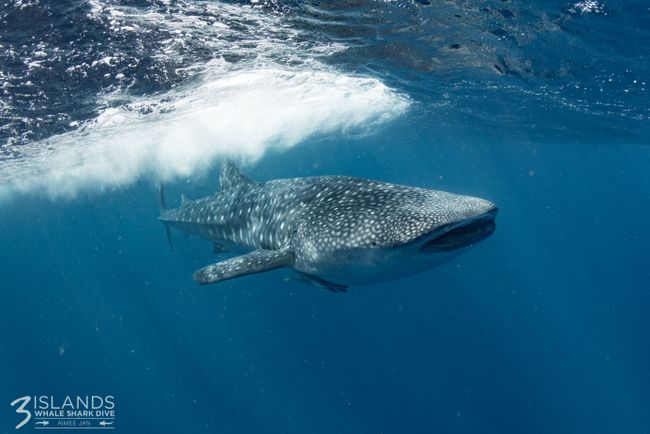
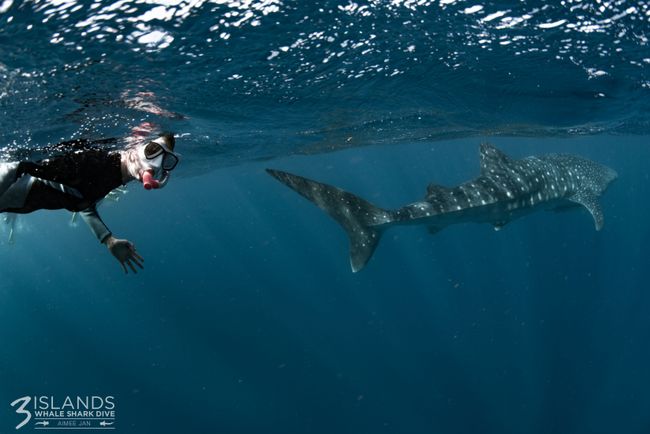
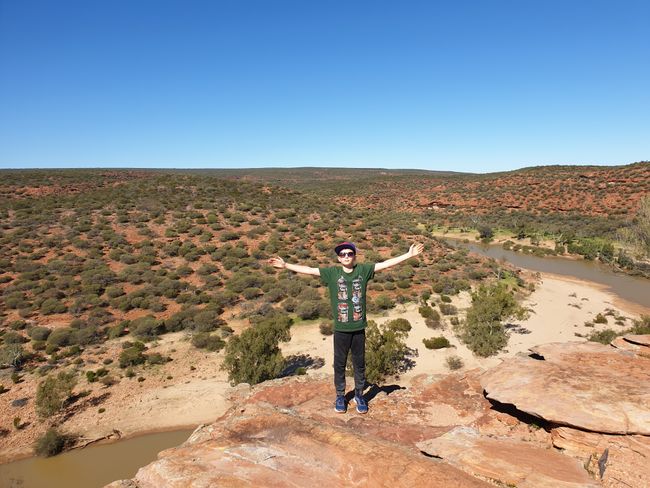
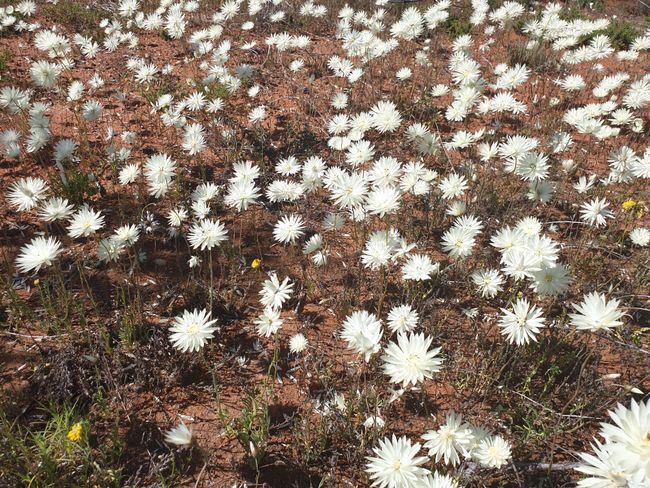
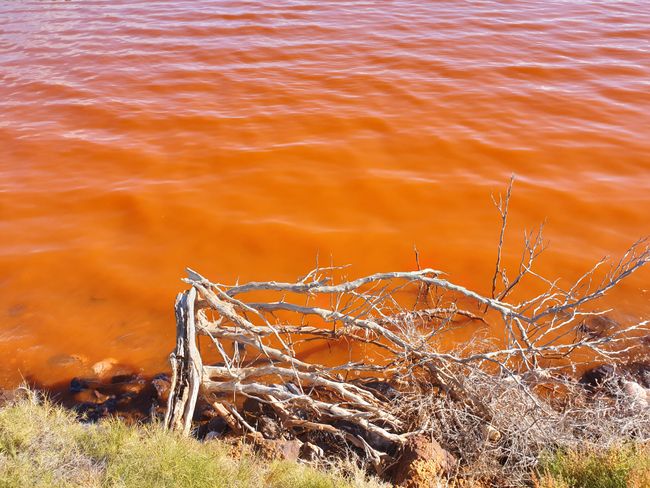
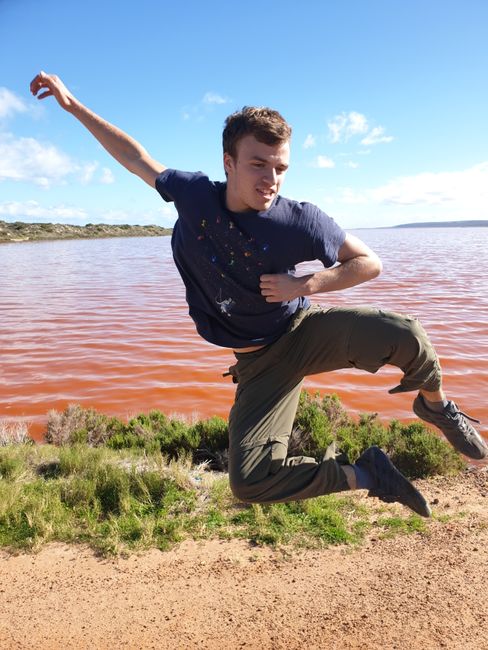
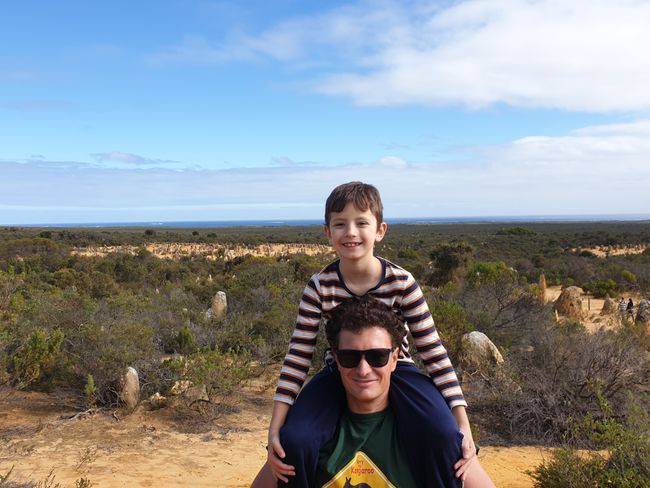
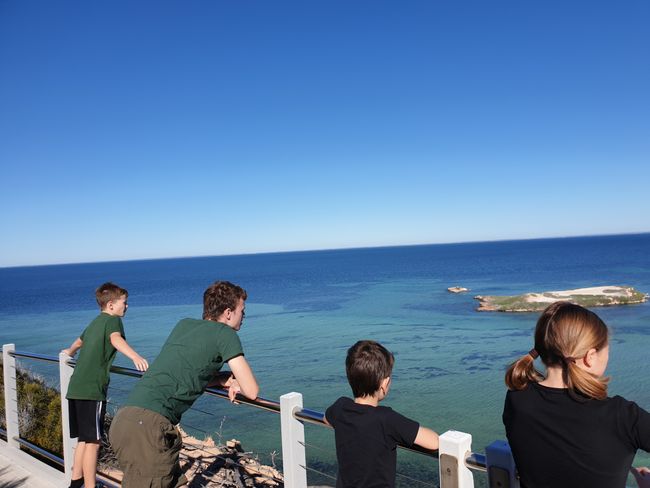
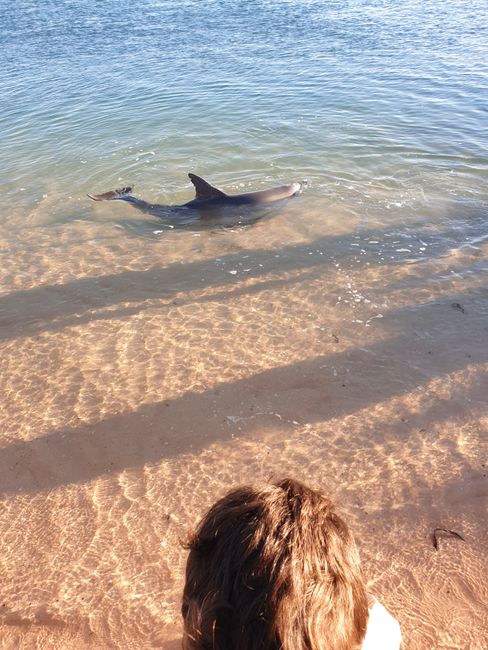
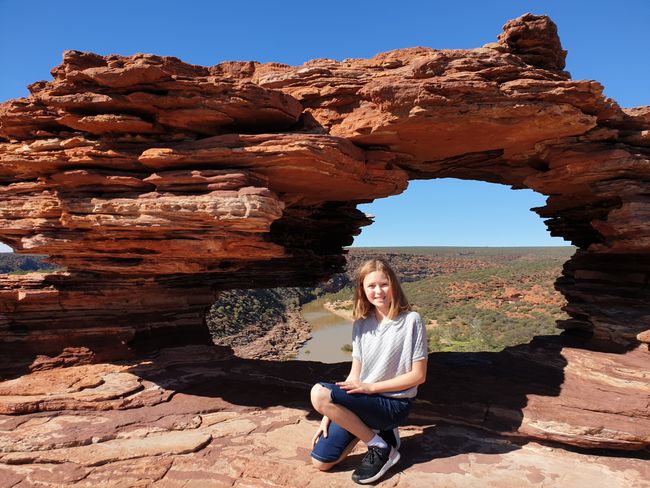
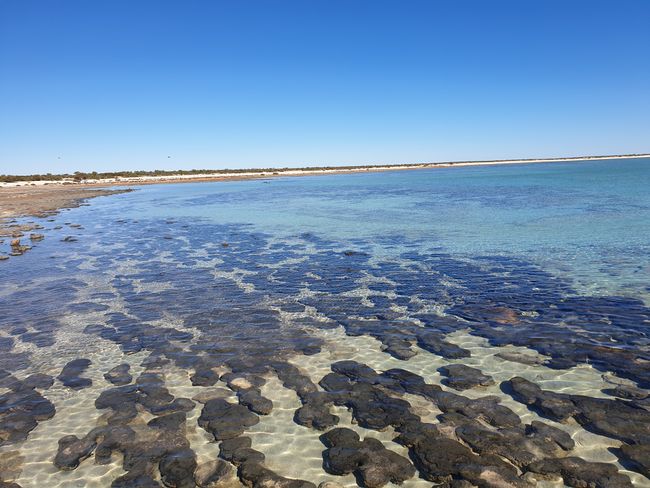
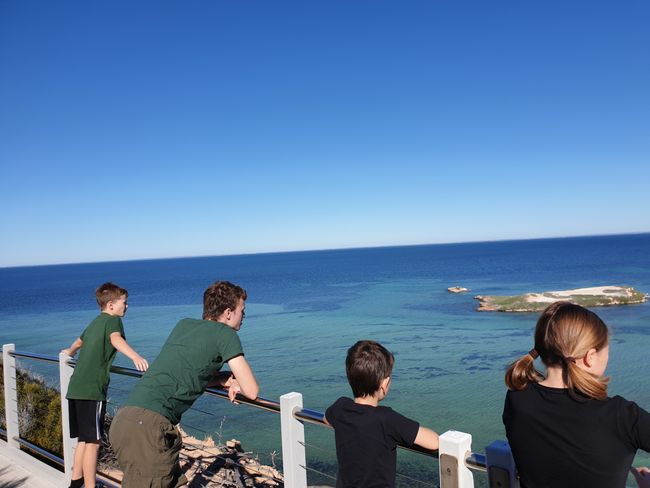
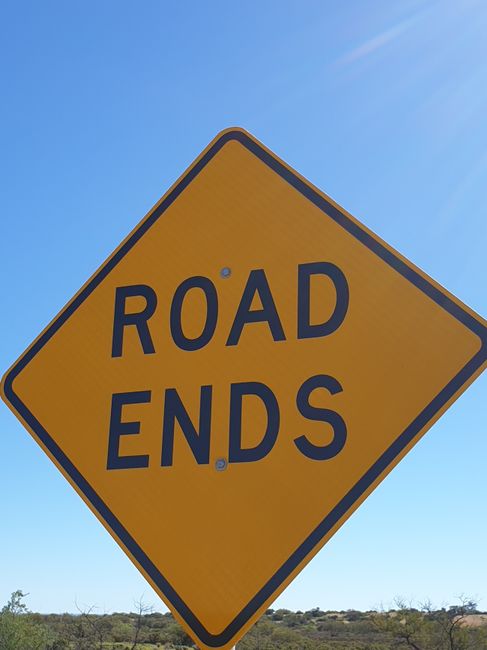
Abbona għan-Newsletter

Our road trip to the North of Western Australia taught us several things:
1. Australia is big, really big! Red earth and roads lined with dead kangaroos still take you to towns where there is no phone reception, let alone internet.
2. A station stay in the Australian outback is not a comfortable farm stay in Tuscany! Be prepared for lots of flies - they will be everywhere!
3. How clever we are to have given each child a mobile phone or tablet with their favorite YouTube videos and headphones during the 3500km car journey! How quiet and peaceful it can be during 41 hours of travel...

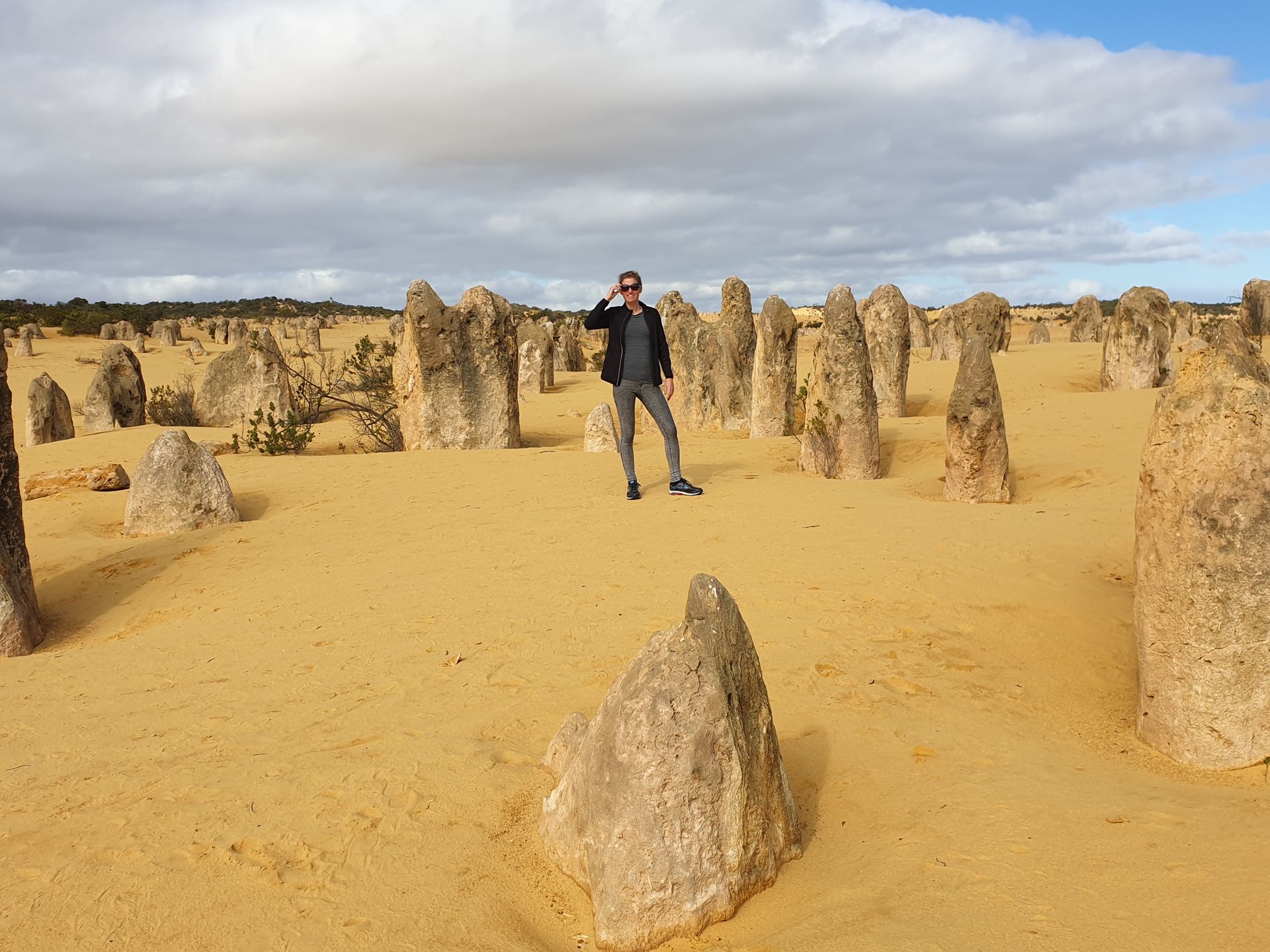

First highlight: Pinnacle Desert in Nambung National Park. The up to 4m high weathered limestone columns invite you to take photos and play hide and seek.
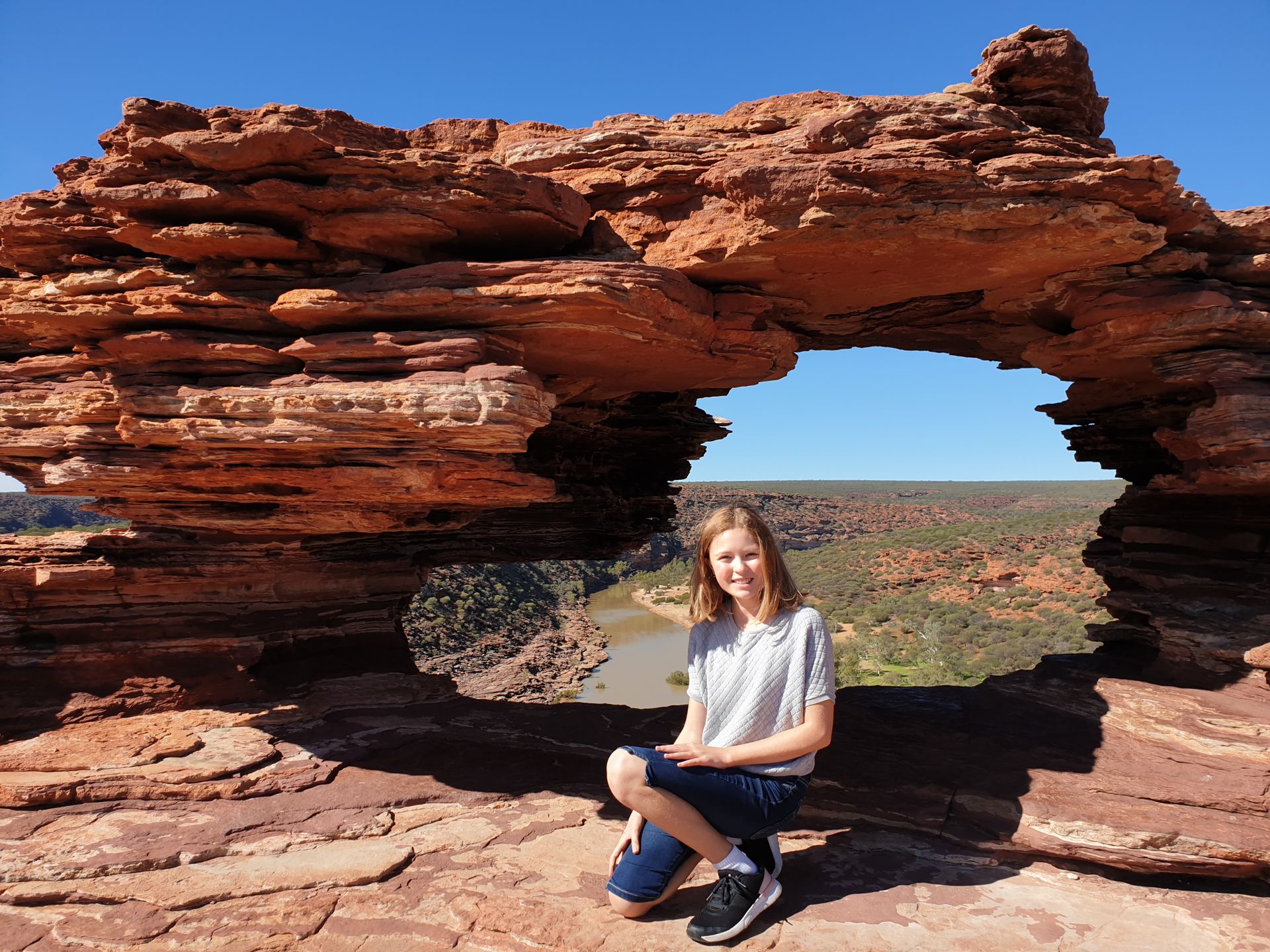
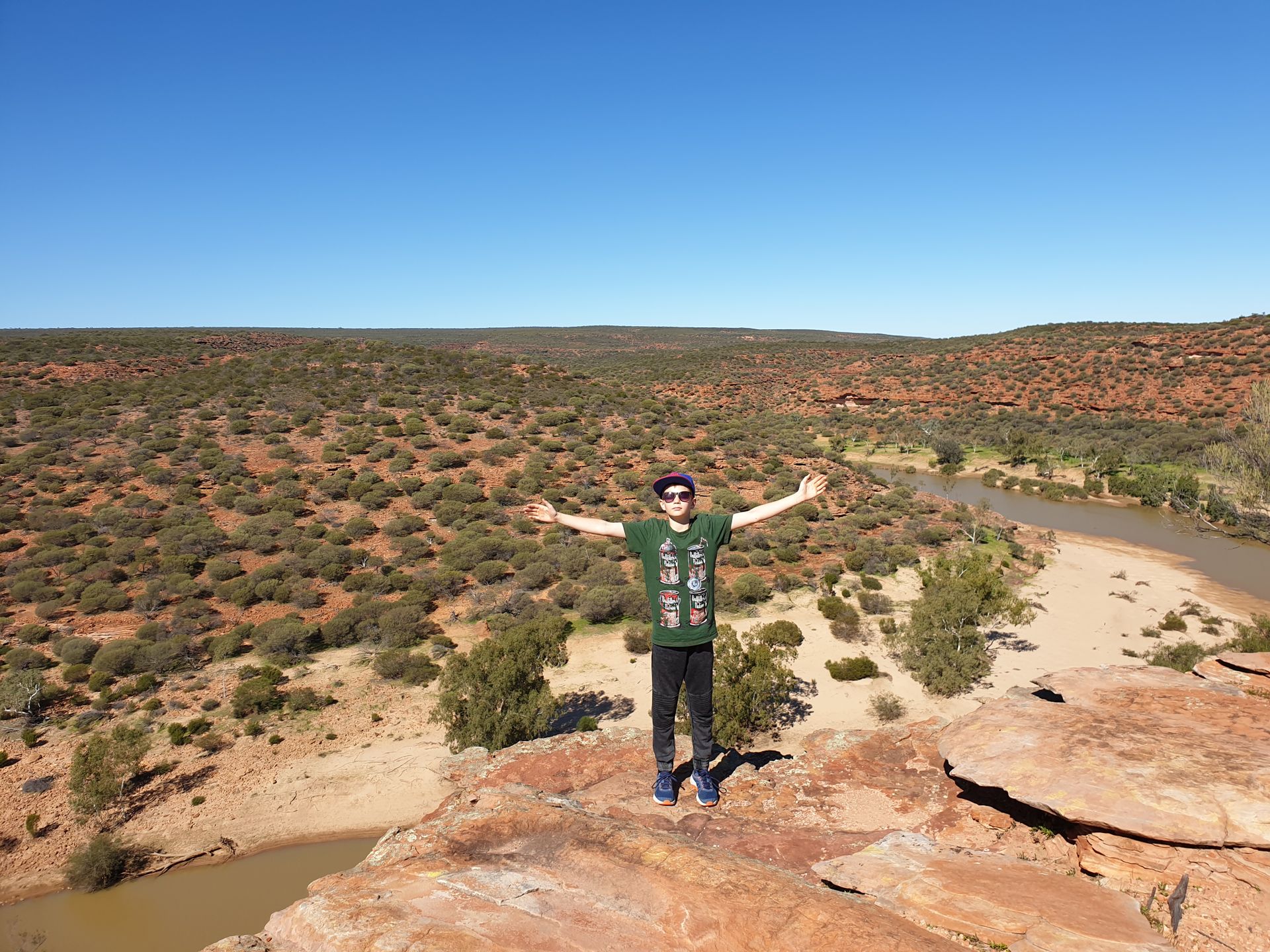
Kalbarri National Park is known, among other things, for Nature's Window, from which you have a magnificent view over the Murchison River Gorge.
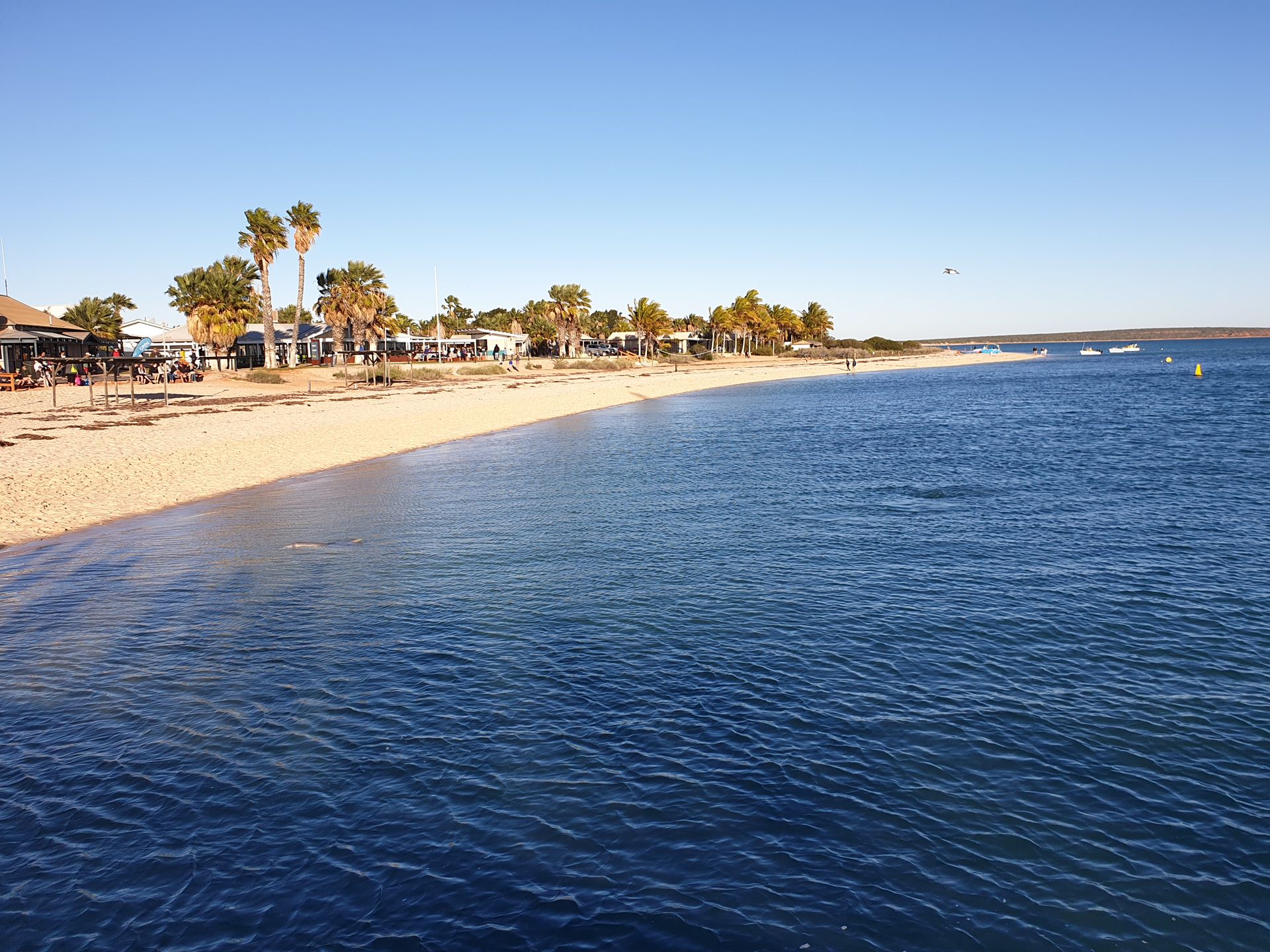
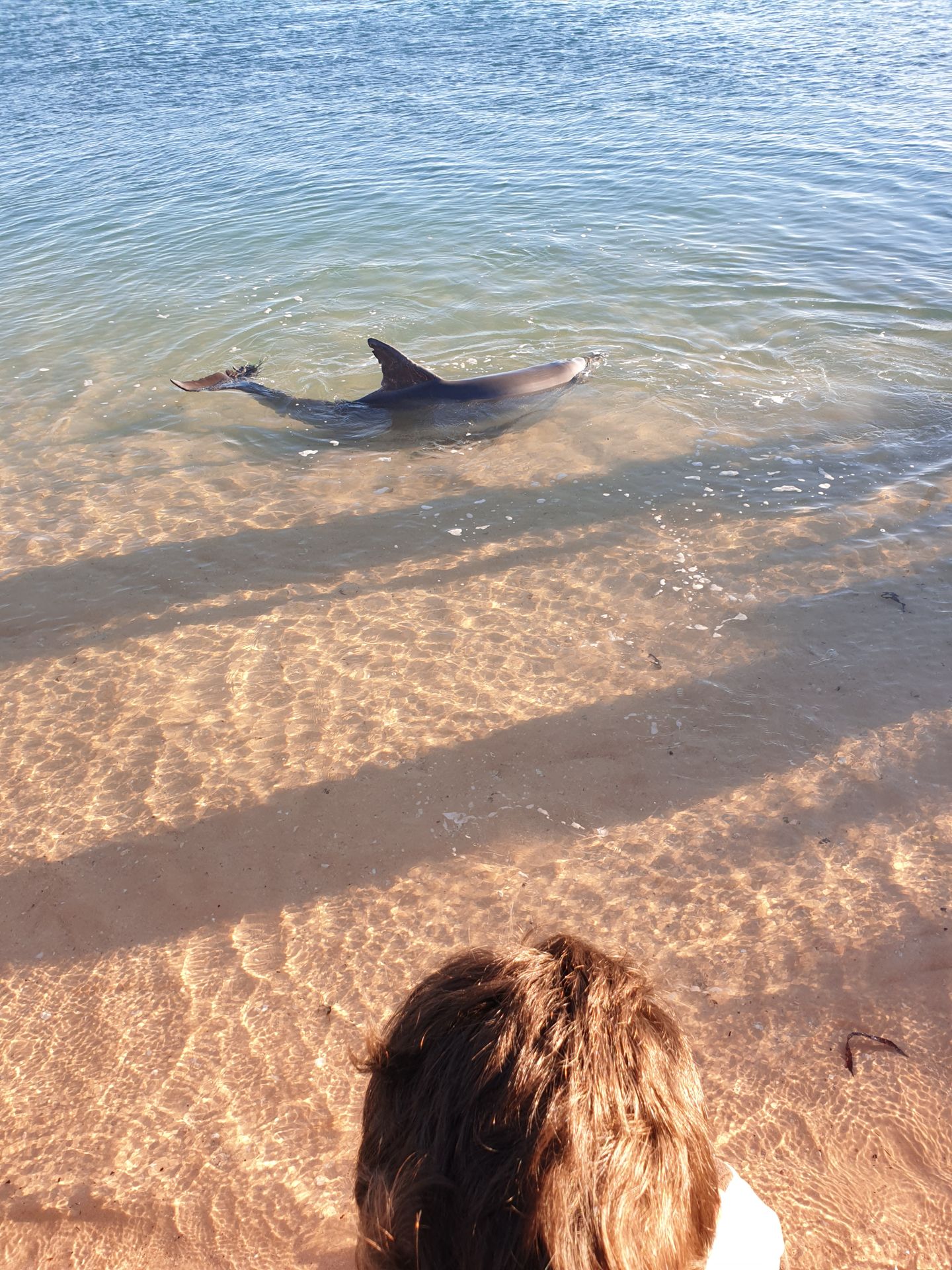
As our next stop, we chose Monkey Mia, where wild dolphins have been coming to the beach every morning to be fed for decades. Aurel was lucky enough to be chosen by the rangers to hand-feed a dolphin. They make sure that the dolphins here only receive 10% of their daily fish needs, so as not to lose their natural hunting instincts.

You can admire living fossils at Hamelin Pool in Shark Bay. The stromatolites there, rock formations formed by colonies of bacteria, have existed for a staggering 3.5 billion years! The 'microscopic rainforest' is one of the earliest evidence of terrestrial life and is a World Heritage Site.


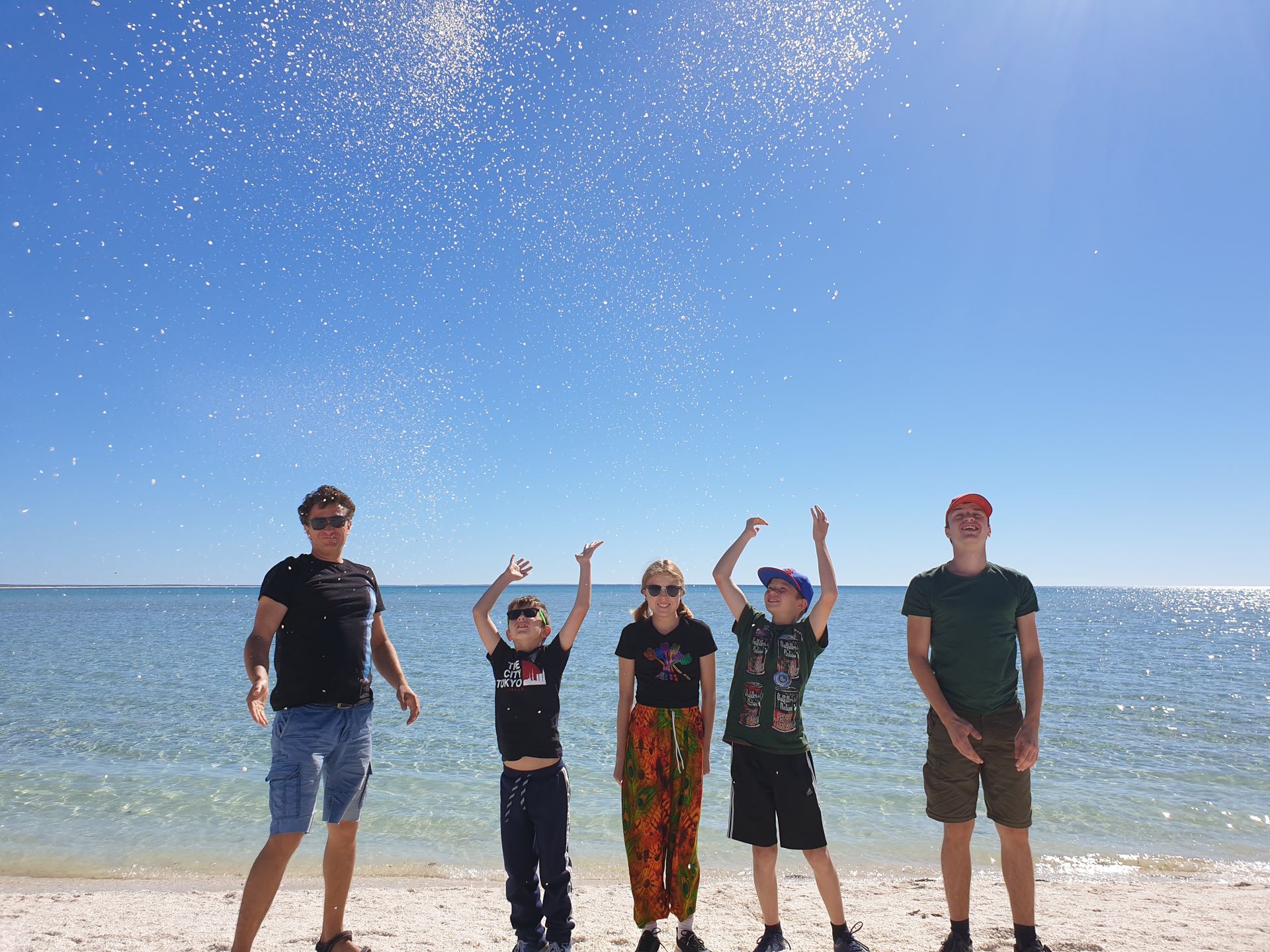

Beautiful white beaches are not necessarily rare in Australia, but Shell Beach is still exceptional. Millions of tiny shells lie up to 10m deep here. The over 70km long beach has no sand, only shells!
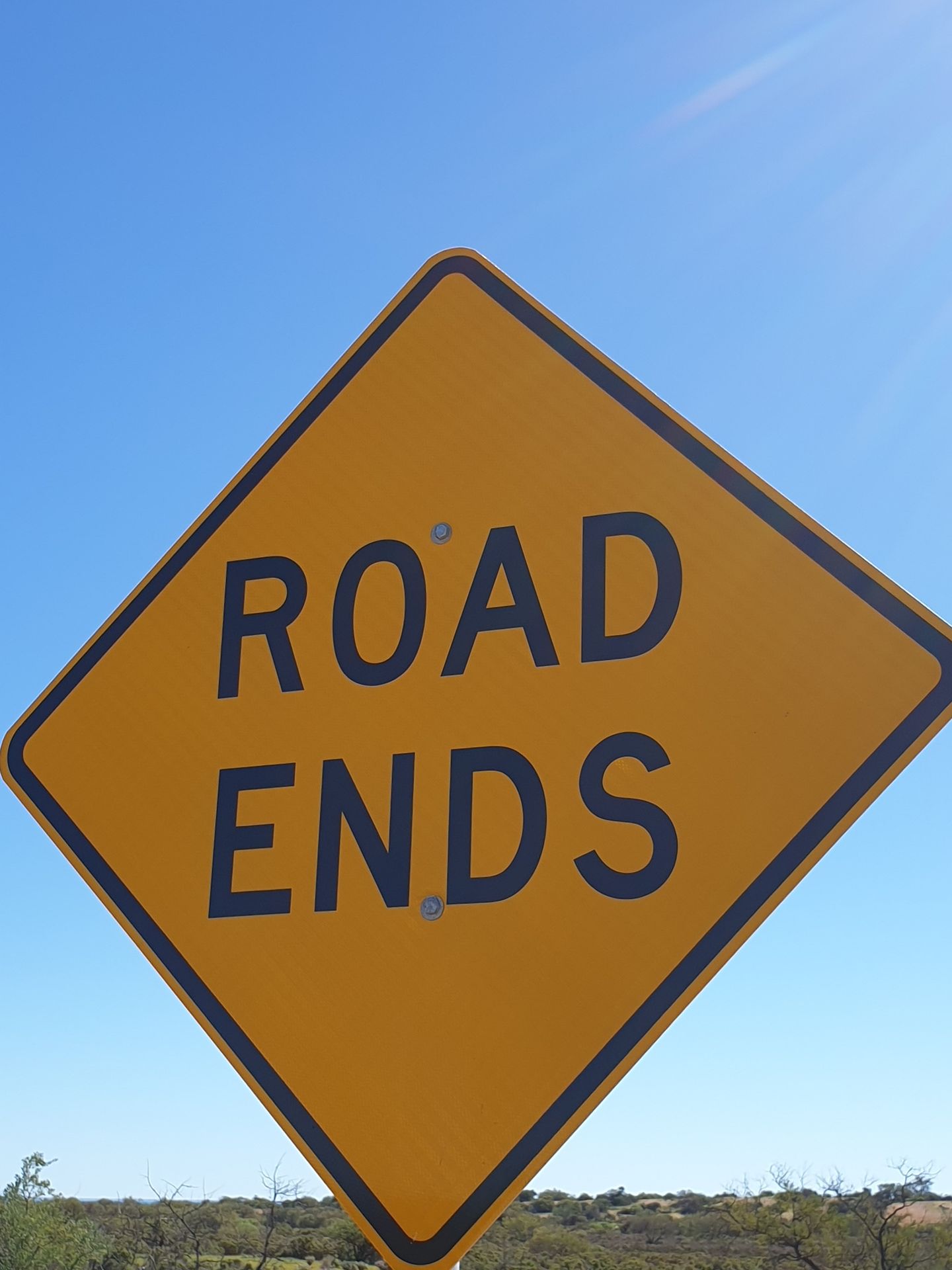


Lots of red earth and occasional wildflowers, but one should be grateful if the road doesn't completely come to an end!
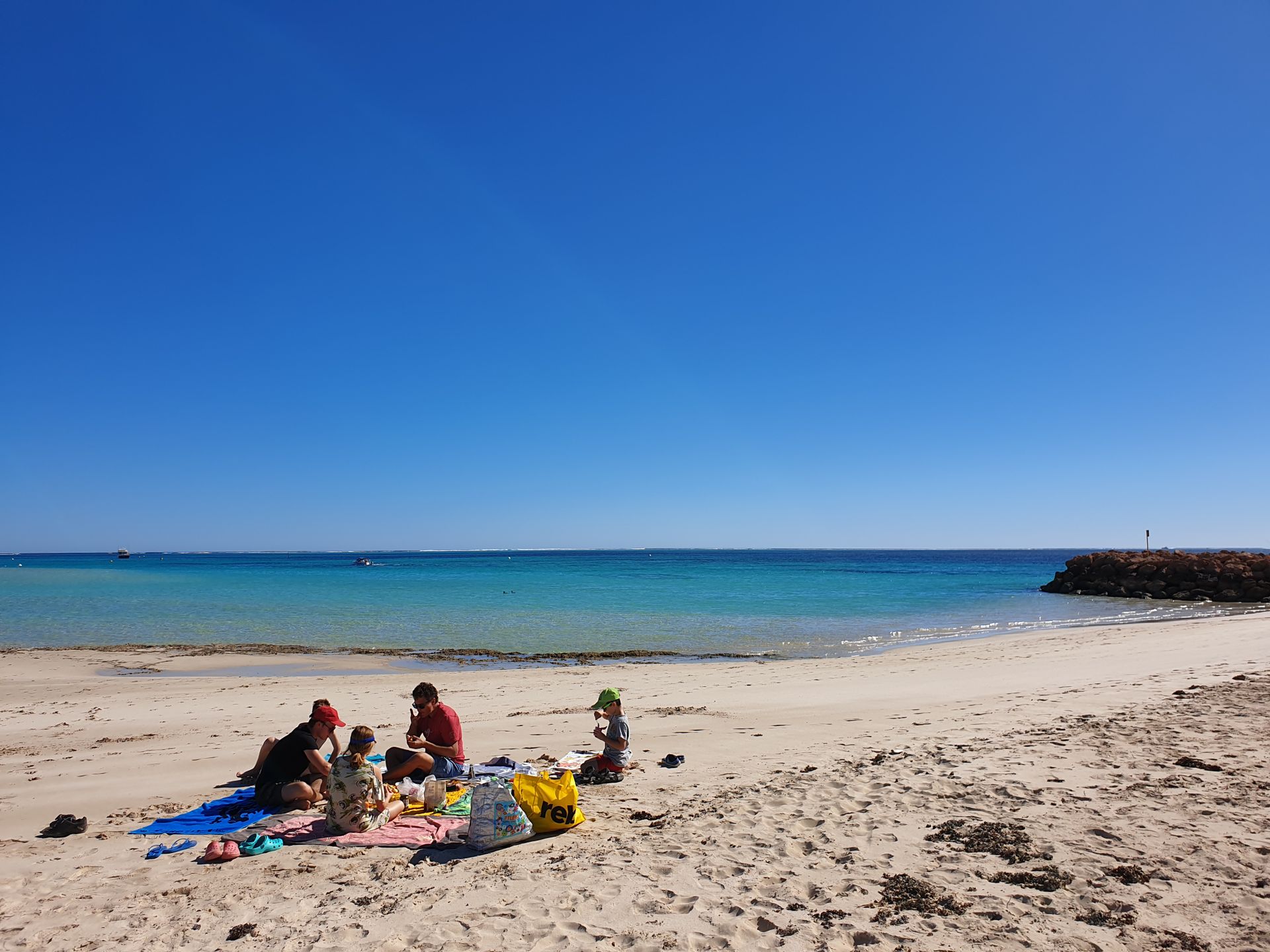

Exmouth, the northernmost point of our road trip, is a small town that is not only known for the oil fields off the coast, but also for tourism in Cape Range National Park. A cozy little village where emus run through the streets. The Ningaloo Reef there is only a tenth of the famous Great Barrier Reef, which is on the other side of Australia, but it is so close to the coast that even snorkelers can experience it right from the beach! And the people here never tire of pointing that out! Much better than the Great Barrier Reef ;o) What we like better here in the west is the much quieter tourism. As Rene so aptly said on the boat on the way to see the whale sharks: This would be the ideal moment to bring out the nets for boom netting and turn up the music at the Great Barrier Reef. How wise of us to have visited the loud, entertainment and party-filled east coast 20 years ago and now live in the peaceful west :o)

I have been interested in swimming with such a gentle giant for a long time. I just couldn't imagine how it could work. Now I know! Take a boat with a nice crew that provides you with snorkeling gear and a wetsuit, a small plane that can find the whale shark from above and tell the captain where to go, and a student who works as a guide and takes a maximum of 10 tourists at a time into the water and arranges them in a line where the whale shark will swim by. Depending on the mood of the whale shark, it can swim faster or really slowly along the water surface and you can swim alongside it for quite a while.

We will never forget the first glimpse we caught of the whale shark: a one and a half meter wide mouth wide open! No need to panic, it doesn't bite! As I said, whale sharks, like many whales, filter plankton from the water, which is why they are called whale sharks.
During our tour, we had the opportunity to swim with the whale shark five times. No stress, no rush, just as we could have wished for!
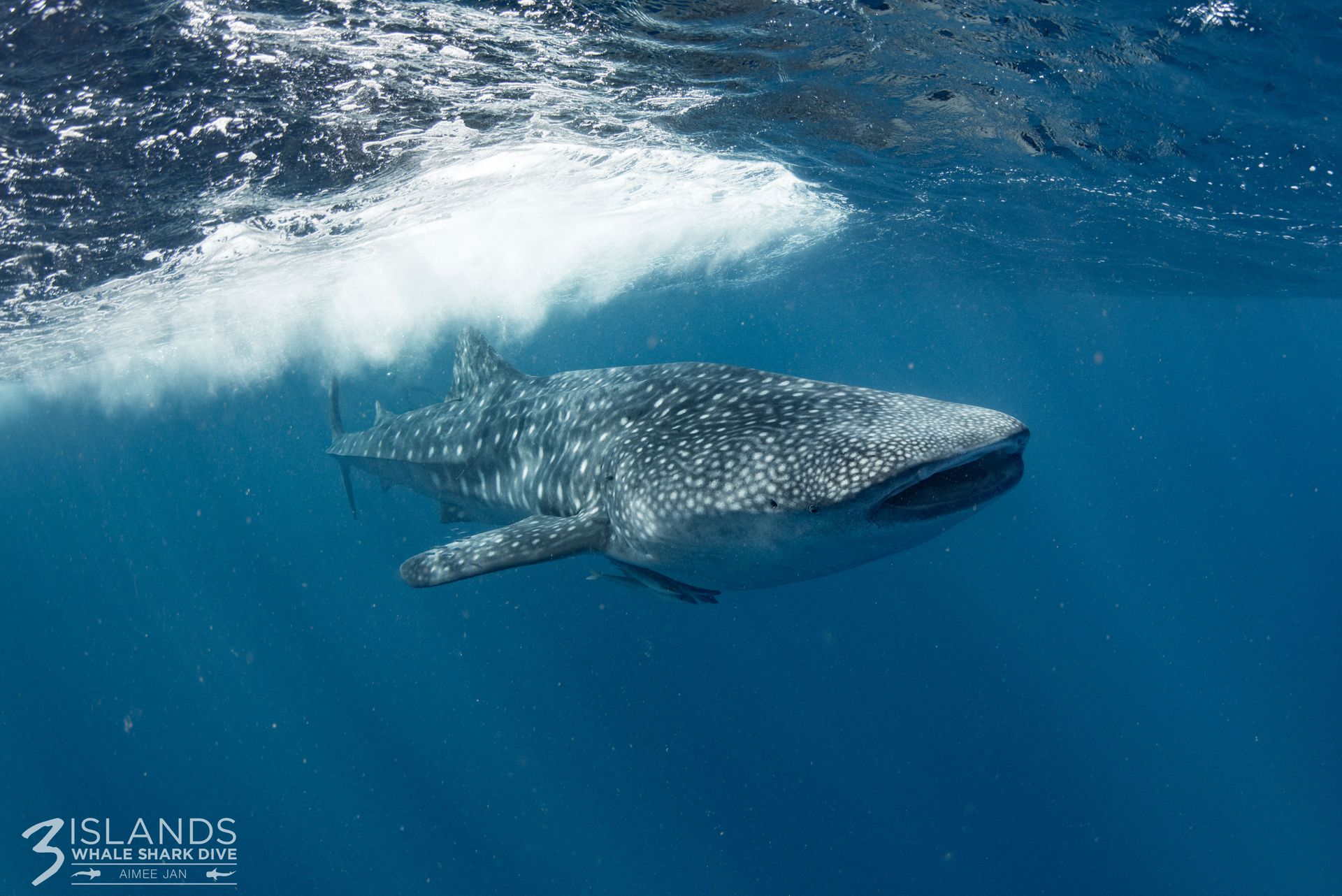

On the way back, we saw several humpback whales, which are abundant on the west coast. Jonas even had the luck to witness one of these animals jumping out of the water! A mother humpback whale with a baby also swam past our boat - amazing!
Aurel has become so fascinated by this that now he wishes for nothing more than to see a blue whale... that could be difficult, but who knows...
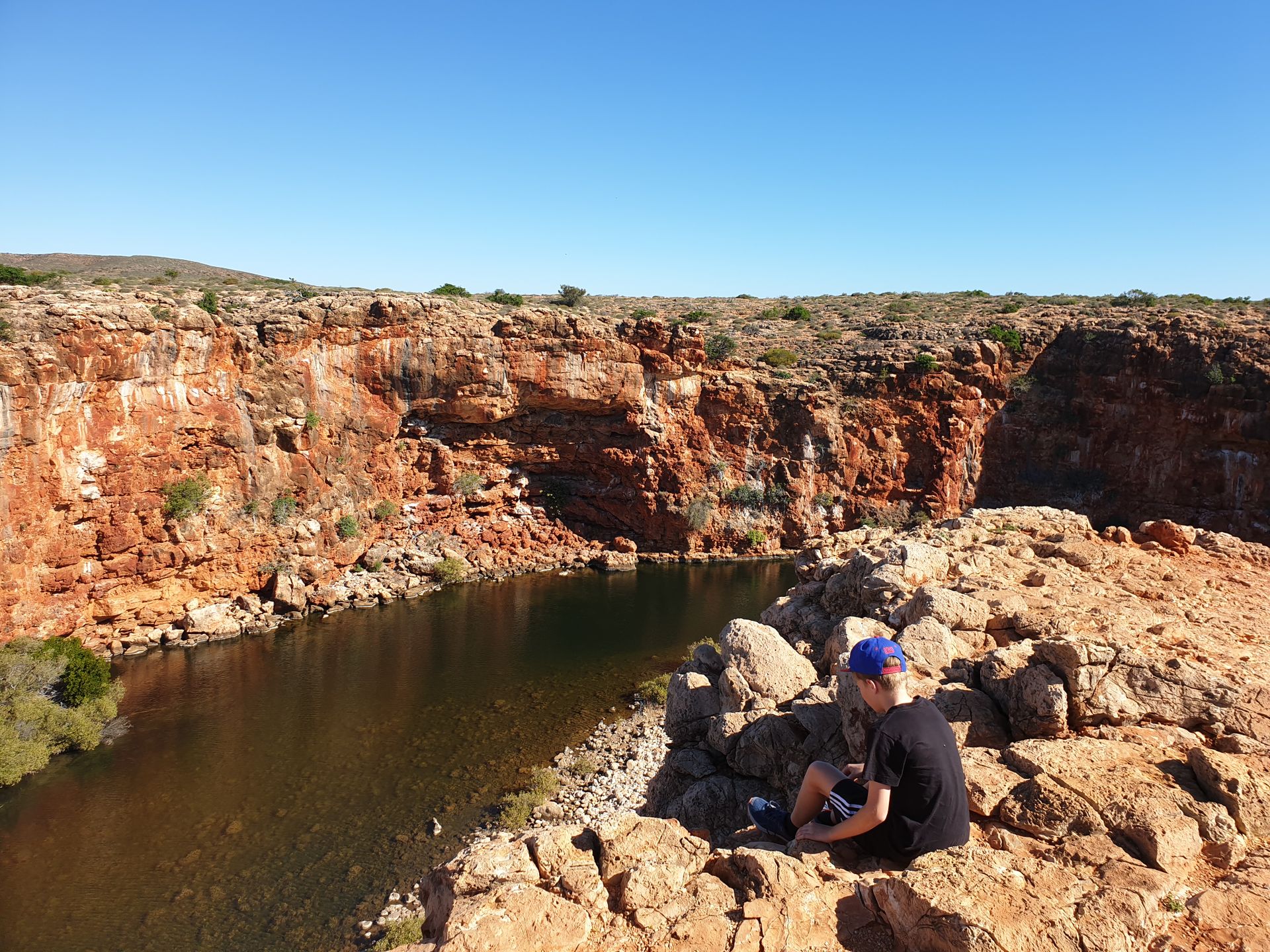
On the way home, we made a stopover in the tiny fishing village of Port Gregory. We were the only ones at the caravan park who weren't there for fishing. Fishing rods and other fishing gear in front of every other hut, a huge container for fish waste behind the community room. However, our motivation for making a detour to Port Gregory was the Pink Lake.

This lagoon is inhabited by carotenoid-producing algae and appears pale pink, purple, bright pink, or orange depending on the time of day and weather. Just take a sip and your vitamin A needs should be covered.

Abbona għan-Newsletter
Tweġiba (1)
Petra
Wow!!! Was für eine tolle Reise!!! Ganz viele Grüsse ins Paradies ♡ !
